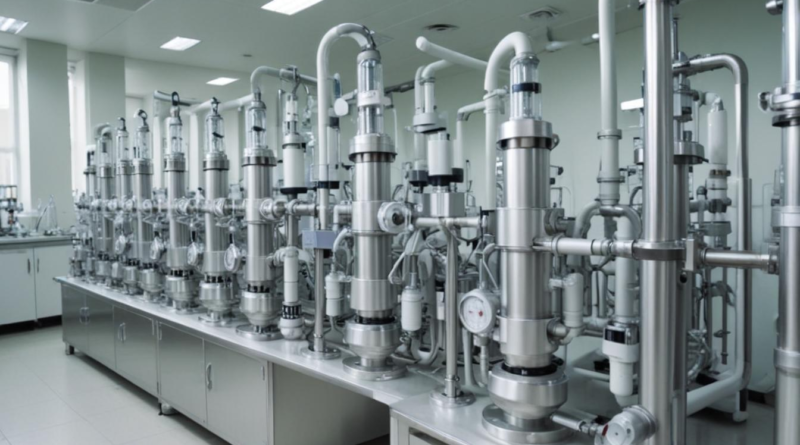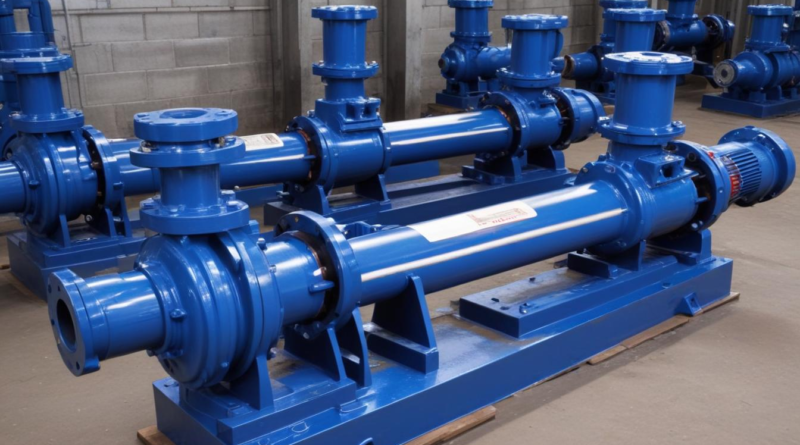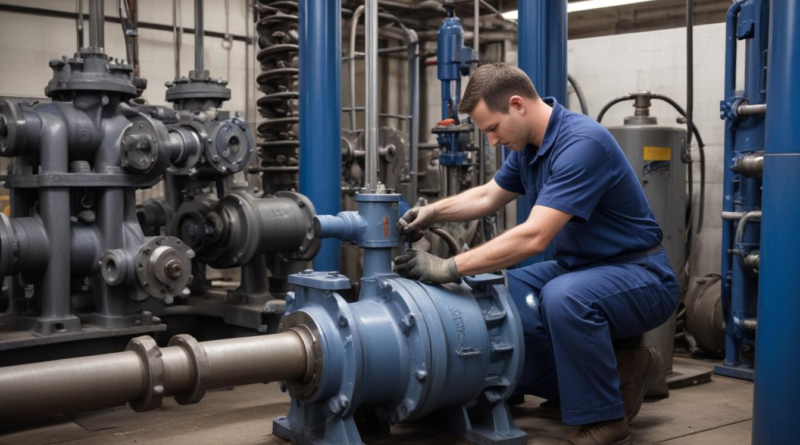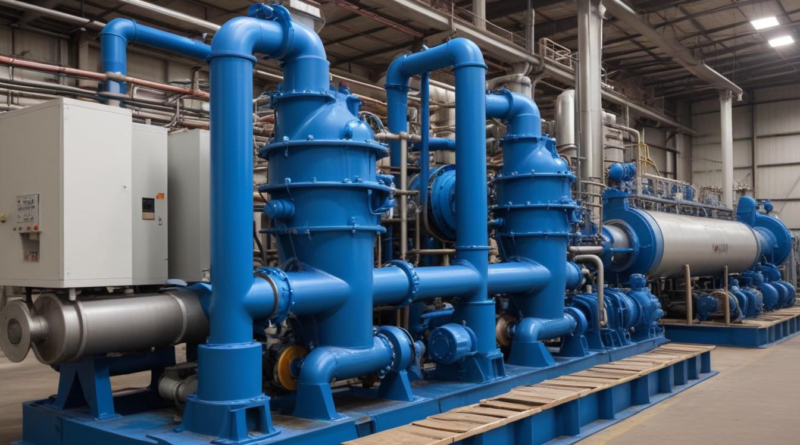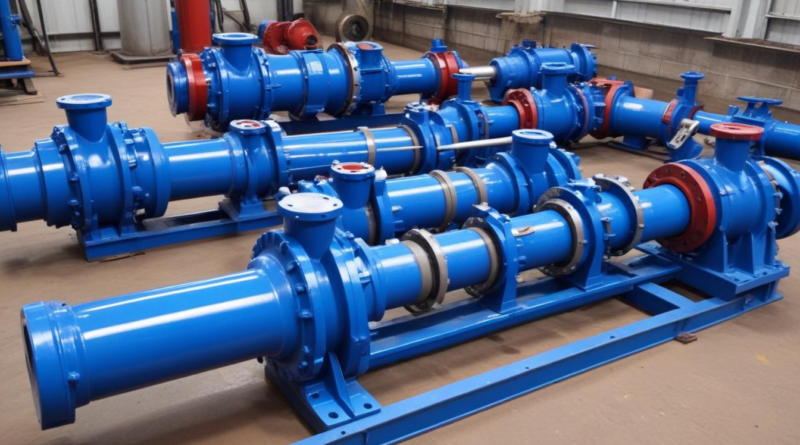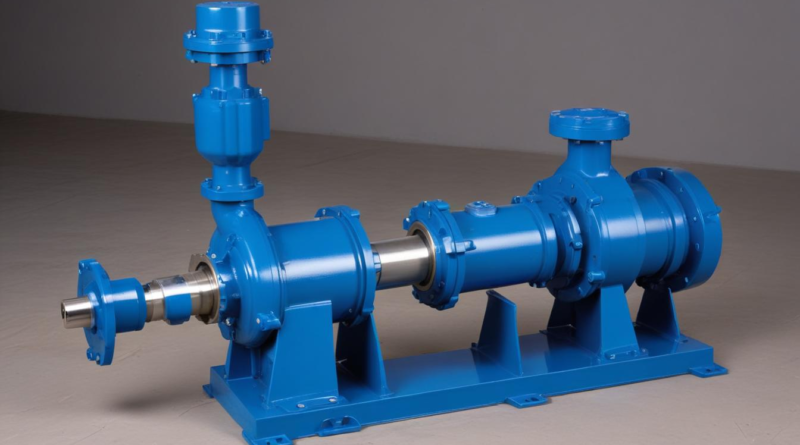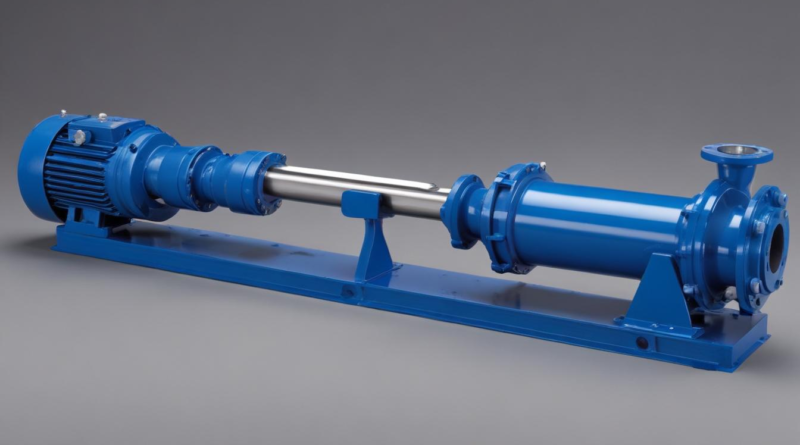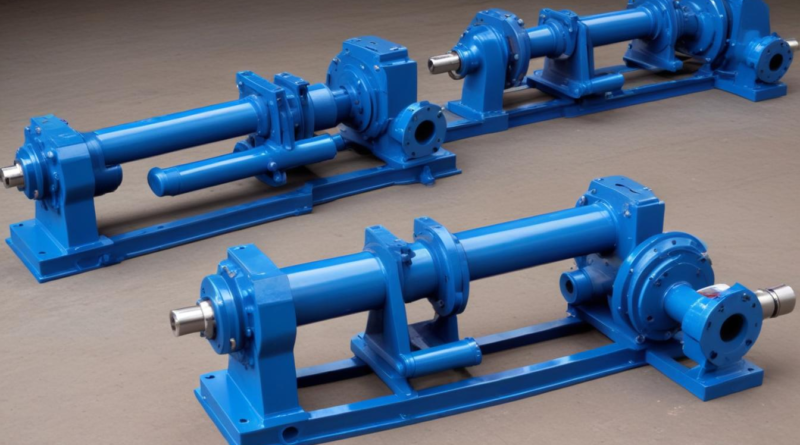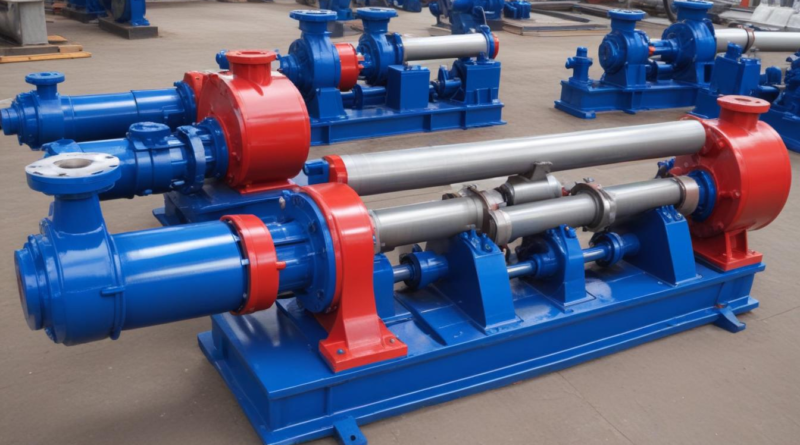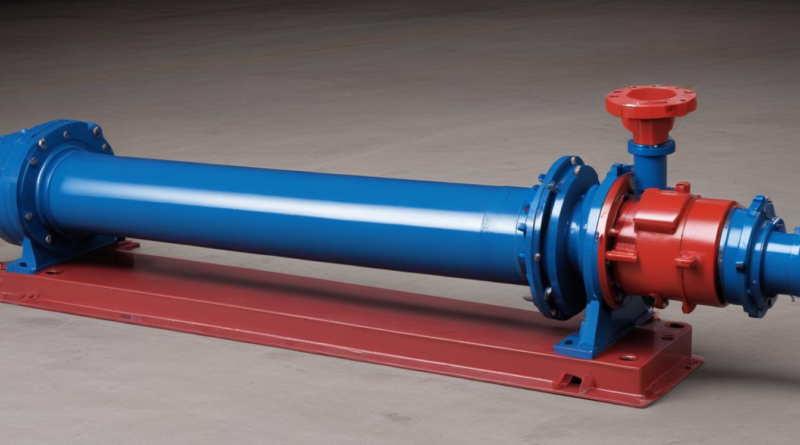pumps used in the pharmaceutical research
Diverse pump types are vital in pharmaceutical research, each catering to specific laboratory needs. Contamination-free peristaltic pumps and high-precision syringe pumps enhance accuracy in drug formulation, analytical testing, and bioprocessing. Understanding their unique capabilities and advancements highlights how these essential tools drive efficiency and innovation in the pharmaceutical industry.
Read More
